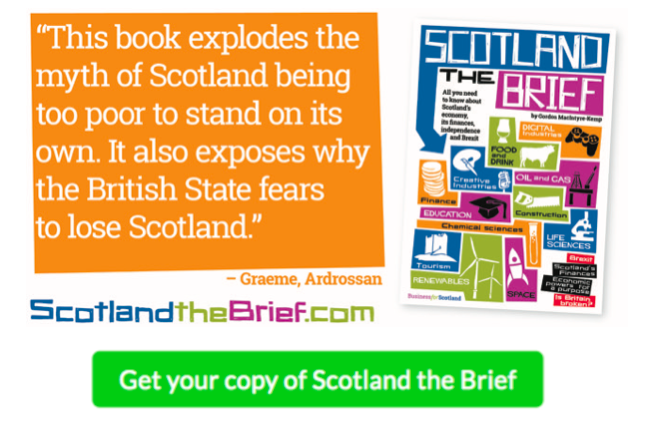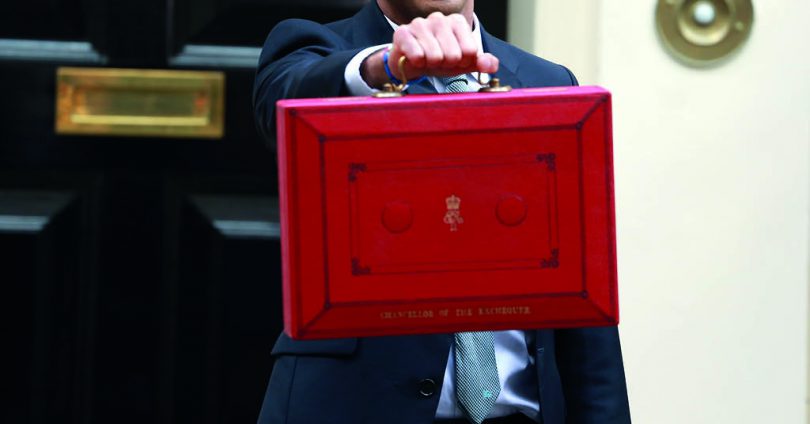Now that the dust has settled on the Chancellor’s budget it’s clear that it falls far short of the hyperbolic claims he made when he unveiled it earlier this week.
Rishi Sunak said his goal was to reduce taxes. In fact taxes are going up. He said borrowing and debt were down. In fact they are up. He said it supported those in need. In fact he is pressing ahead with a £20 cut in universal credit.
The budget falls far short of what Scotland needs in at least three key areas:
PENSIONS
Pensioners will lose £520 next year and a cumulative £2600 over the next five years, according to analysis from former UK pensions minister Steve Webb.
His figures show that pensioners will lose £520 next year and a cumulative £2600 over the next five years because Rishi Sunak broke the triple lock on state pensions.
The triple lock linked pensions to inflation or wage rises, whichever was higher. Had it still been in place pensions would be rising by more than 8%. Because the link to wage rises has been removed, they will rise by just 3%.
When the Office of Budget Responsibility forecast of 4% inflation is taken into account that amounts to a real term cut in the state pension.
Ian Browne, a retirement planning expert at Quilter, described the budget as a huge blow to millions
The chancellor also decided against increases in pensioners’ winter fuel payment and cold weather payment. Pensioners over 75 have already lost their entitlement to free television licences.
Ian Browne, a retirement planning expert at Quilter, described the budget as “a huge blow to millions across the UK”.
In March, the UK government’s Households Below Average Income (HBAI) statistics revealed UK pensioner poverty levels have risen to a 15 year high. More than two million UK pensioners (18%) now live in poverty after housing costs, an increase of 200,000.
UK pensions are already the least generous in north west Europe by comparison to the average wage, according to analysis from the House of Commons library. And they were found to be the lowest in the developed world by the Organisation for Economic Co-operation and Development in 2018.
Rishi Sunak has said he is ‘proud’ to by-pass the Scottish parliament in funding projects north of the Border
DEVOLUTION
The chancellor’s budget brazenly highlights Westminster’s power grab when it by-passes the Scottish parliament in deciding to fund infrastructure projects north of the Border.
Rishi Sunak has gone even further by suggested he is “proud” to do so. His budget plans include £172 million in total for eight Scottish projects as part of the so-called levelling up fund.
These include the development of Inverness Castle, a new marketplace in Aberdeen and a direct route between Glasgow and Ardrossan, Saltcoats and Sevenston in north Ayrshire. There is also money set aside for developments in Edinburgh, Falkirk, West Dunbartonshire and Paisley.
When he was asked if going over Holyrood’s head was the best way to go about levelling up in Scotland, the chancellor told the BBC’s Good Morning Scotland: ‘’I’m delighted we could actually directly fund local communities and projects across Scotland, with bids to improve local areas and to regenerate town centres.”
The Conservative government has taken over responsibility for spending money in Scotland that was previously distributed by the EU. Under the devolution settlement that responsibility should have passed to Holyrood.
Reports have already suggested that Westminster plans to brand projects funded this way with the Union Jack in a blatant bid to undermine the Scottish government.
The GMS presenter pressed Mr Sunak on whether “planting a great big Union Jack on these projects” was the most effective method of improving infrastructure in Scotland. He replied: “I’m really proud of the Union. I’m proud of what the UK government does. We are one United Kingdom.’’
Scotland’s finance secretary Kate Forbes said the power grab ”means that money Scotland would have previously received under the seven-year EU Structural Fund programmes to spend according to its own needs will now be distributed annually according to a UK government agenda. This approach potentially leaves Scotland worse off, raises value for money concerns and undermines devolution”.
CLIMATE CHANGE
 It’s more than a little ironic that as Glasgow prepares to host the historic COP26 conference on climate change the chancellor announced a halving of taxes on domestic flights.
It’s more than a little ironic that as Glasgow prepares to host the historic COP26 conference on climate change the chancellor announced a halving of taxes on domestic flights.
Climate change campaigners point to UK government ambitions to reach net zero emissions and argue that flying should be the least attractive option for customers.
The chancellor made his announcement that air passenger duty would be cut for domestic flights in the face of advice from the UK government’s own climate change adviser. Just hours before his budget speech the Climate Chance Committee warned that the UK government’s latest climate strategy ‘’had nothing to say’’ on limiting the growth of flying.
The Scottish government plans to introduce an air departure tax to replace air passenger duty but says it has decided against reducing that tax as to do so would not be ‘’compatible with our new emissions target’’.









